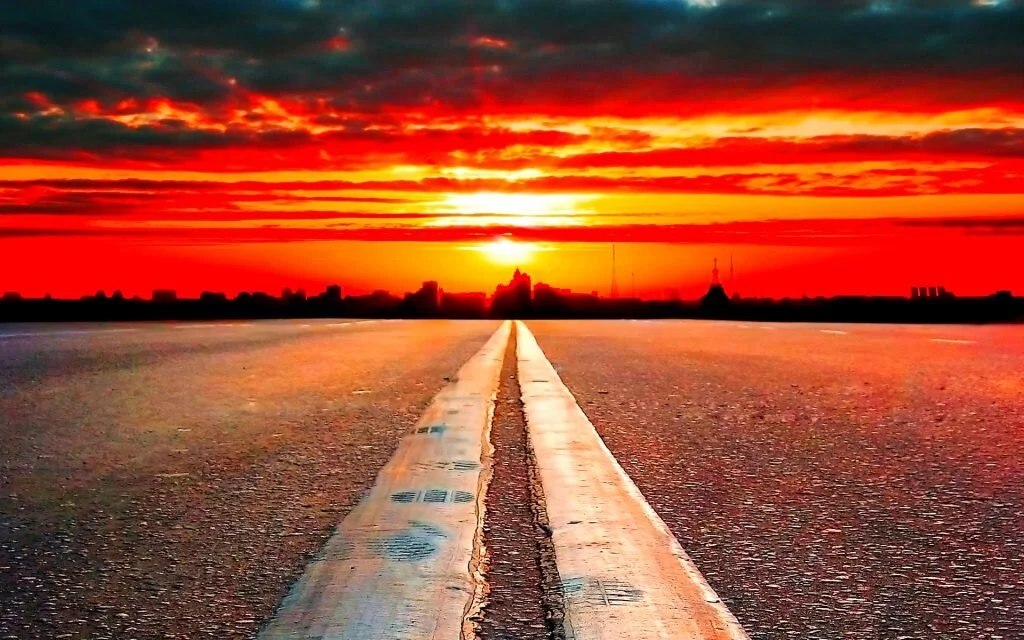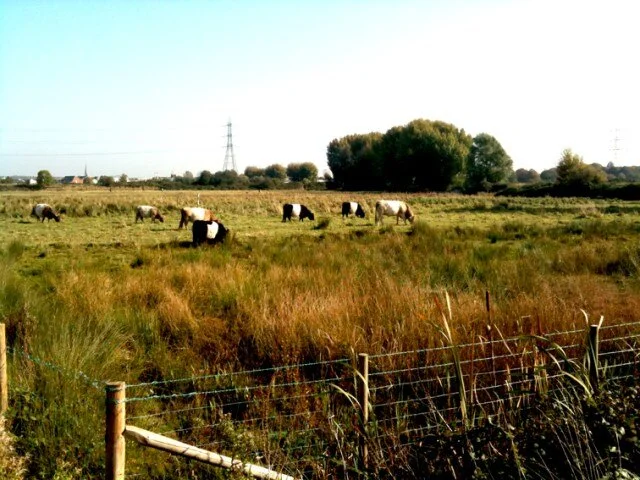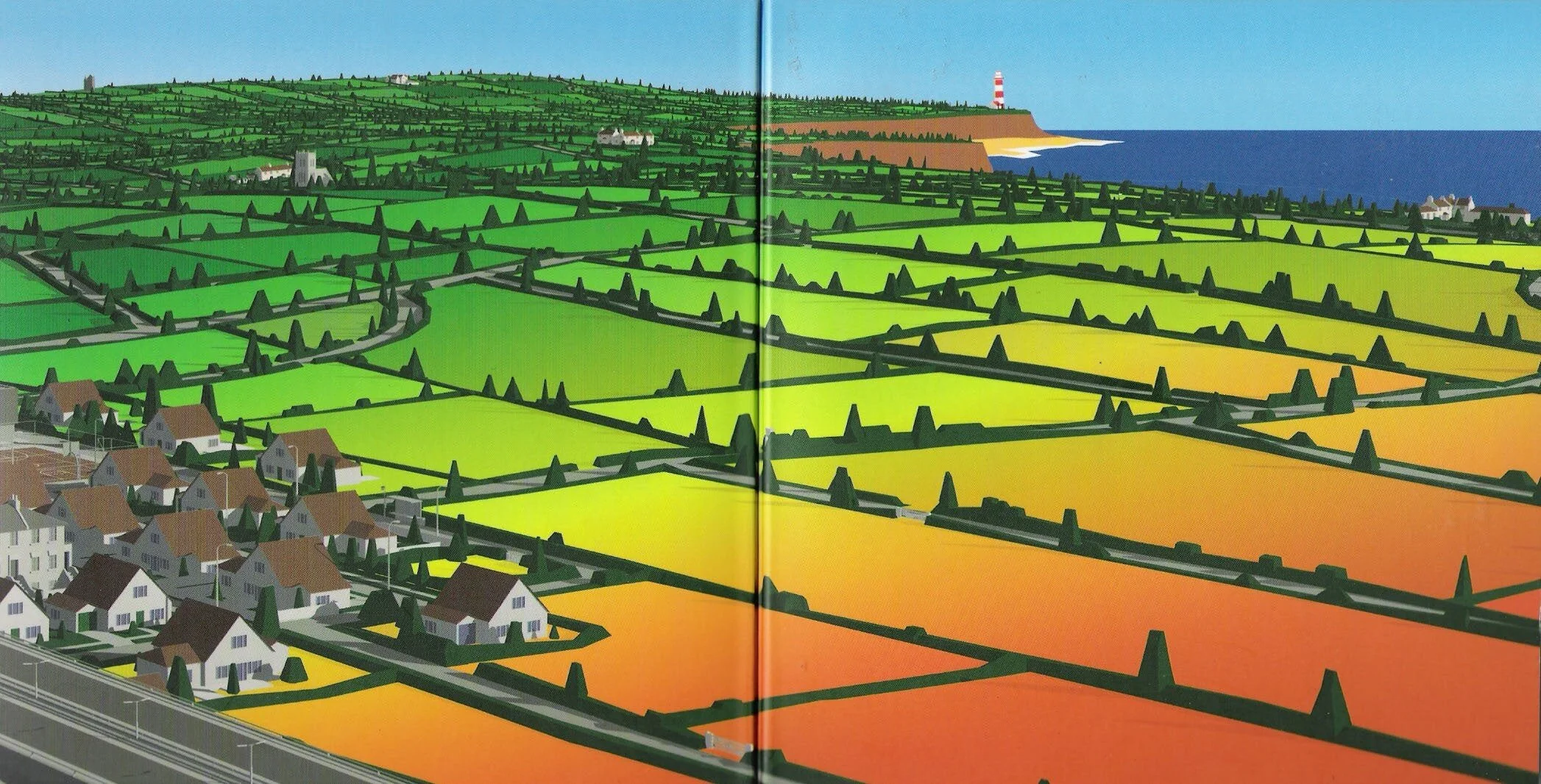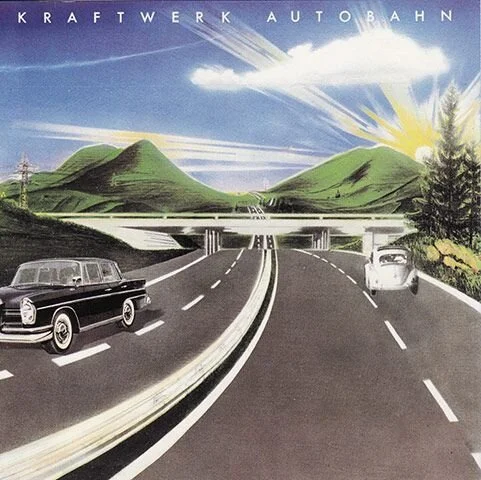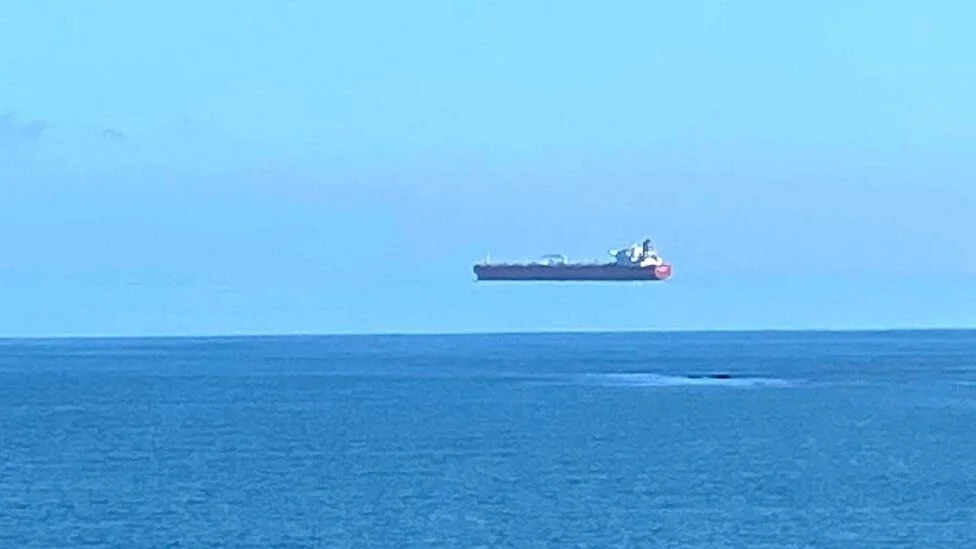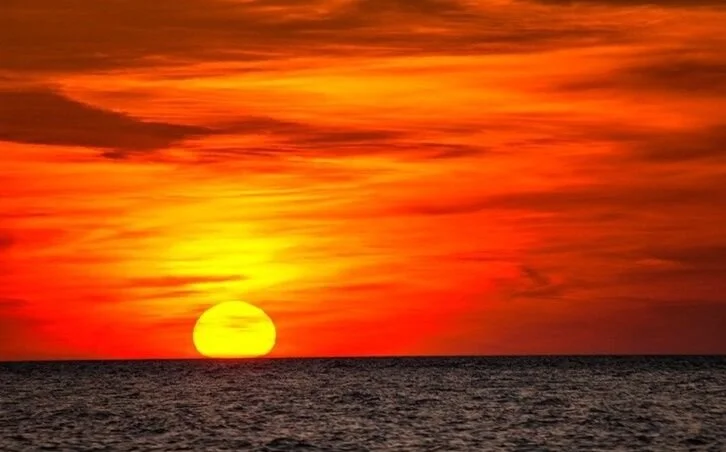The open fret …
By The Landlord
The sun at bay with splendid thrusts still keeps the sullen fold;
And momently at distance sets, as a cupola of gold,
The thatched roof of a cot a-glance;
Or on the blurred horizon joins his battle with the haze;
Or pools the blooming fields about with inter-isolate blaze,
Great moveless meres of radiance. – A Sunset, Victor Hugo
“Between two worlds life hovers like a star, twixt night and morn, upon the horizon's verge.” – Lord Byron
“The health of the eye demands a horizon.” – Ralph Waldo Emerson
“In expanding the field of knowledge we but increase the horizon of ignorance.” – Henry Miller
“The west has always been the epicentre of possibility. One of the ways we forge against mortality is to head west. It's to do with catching the sun before it slips behind the horizon.” – Daniel Day-Lewis
I saw a man pursuing the horizon;
Round and round they sped.
I was disturbed at this;
I accosted the man.
“It is futile,” I said,
“You can never —”
“You lie,” he cried,
And ran on. – Stephen Crane, I Saw a Man Pursuing the Horizon
It’s the inspiration for artists, photographers and creative people of all kinds, a place, or perspective where we ultimately seek to relax the eye, the horizontal line where land or sea meets sky, the boundary of the infinite, of imagined possibility, but does anyone every really get there, and as they don’t, isn’t that the point?
So as well as having a physical definition, the horizon, importantly, is also something that simultaneously doesn’t exist, or at least is intangible, just like many inspirational objects or ideas, from eternal love, to immortality, to infinity. So this week, songs about horizons can be both literal places and metaphorical ideas, descriptions of landscapes or sea views, sun rises and sunsets that bring setting, but also mood, emotion, yearning, hope, longing, the unreachable, but also are the pot of gold at the end of the rainbow for that brings motivation and ambition, of learning and broadening knowledge and experience.
We all seek it and see it from time to time. I’ve had an odd view of the horizon for a long time, having, quite unusually for a big city, lived overlooking or near a wide stretch of marshland in east London, where there’s a heady mixture of urban meets countryside, where hovering kestrels mix with canal kingfishers and reed warblers, geese and swans, where seasonally Highland cattle are brought to eat weeds to help protect the rare creeping marshwort Narrowboats pass along the River Lea in the foreground, and on the mid- and far horizon stretch out electric pylons like scrawled handwriting, along with blocks of houses, factories and railway lines, and where there is so much sky, sometimes you can see the full arc of a rainbow, altogether creating a vista reminiscent of a 1970s Kraftwerk album cover, where nature and urban life intertwine in a strangely nostalgic mix of trees and concrete, grass and cable, bringing contours of brutal beauty.
Urban horizons near the River Lea in East London
But what about the true horizon? Unless you live overlooking the coast, and who doesn’t yearn for some of that now again, to see, over a wide angle, the curvature of the Earth, few of us regularly glimpse what is so termed, but even that is a theoretical line based on whether the sky intersects the land, or if that is constantly shifting as you get closer.
In a previous topic about edges, ledges and thresholds, in the intro I made mention of the film The Truman Show, where the main character sails to the end of his imagined horizon only to find it a film set on which his whole life has been filmed for TV, the horizon a false image. And also here a customary dig at the Flat Earth Society, but arguably, while that topic earned many kinds of other edges, horizons have their own realm because by nature they have no boundary at all.
Lost Horizons by Lemon Jelly
So the horizon covers a huge range of points of reference and inspiration. Just how many album covers show roads stretching into the distance, water rippling sunsets or infinite other vistas? The word is also title of various Soviet, Iranian, Georgian and Hungarian films, band names such as Bring Me The Horizon, or Lost Horizons, the more recent collaborative project run by Cocteau twins bassist and Bella Union label boss Simon Raymonde, the title of albums by artists as diverse as the Carpenters to jazz saxophonist Charles McPherson, Sun Ra to a German metal band, country music's Eddie Rabbit to Dutch pop's BZN, songs from Genesis to Daft Punk, the name of a revered, long-running BBC TV science documentary programme to magazines and books, oil pipeline companies, satellites, space exploration, sci-fi genres to the names of ships and boats, planes and trains, a point of navigation and anything that seeks to be associated with pushing the frontiers and seeking beyond the boundaries.
Road to the future …. Kraftwerk: Autobahn
So aside from sunsets and skylines to all the metaphors, you may wish to also take the horizon idea to some stranger areas. Horizons are very much about how we inaccurately perceive the world. As Albert Einstein put it “The horizon of many people is a circle with a radius of zero. They call this their point of view.”
And another reason why the horizon is forever unreachable is that it is always distorted. Atmospheric refraction distorts and changes the colour of the sun when setting, but also far stranger effects. If the ground (or water) surface is colder than the air above it, a cold, dense layer of air forms close to the surface, causing light to be refracted downward as it travels. The reverse happens if the ground is hotter than the air above it, as often happens in deserts, producing mirages. One of the most bizarre examples seen recently is that of a boat floating above the water in a photograph taken by David Morris near Falmouth, Cornwall:
Floating ship mirage in Falmouth, Cornwall, photographed by David Morris
This so-called “superior mirage”, as in “above”, is caused by temperature inversion, where cold air lies close to the sea with warmer air above it. As cold air is denser than warm air, it bends light towards the eyes of someone standing on the ground or on the coast, changing how a distant object appears. The reverse can happen in the desert, with hot air below the cold air. Perhaps that’s why those dying of thirst imagine they can see a bar …
The horizon is also the focus of a vanishing point, where, for example a road or a railway line goes into he distance an appear to converge.
Event horizon on a black hole
And things get even stranger when we think about the event horizon, defined in astrophysics as the a boundary beyond which events cannot affect an observer. The term was coined by general relativity physicist Wolfgang Rindler. So any object that approaches the horizon from the observer's side appears to slow down and never quite crosses the horizon, but when it comes to a black hole things get even stranger, because the black hole's escape velocity is greater than the speed of light. Anyone entering the black hole wouldn’t know about it until it’s too late …
Crowding into our bar, whether it’s to them a mirage or otherwise, more patrons have gathered to add their perspective on the horizon.
And who better to start than with someone who has seen more of the horizon that most living. It’s only astronaut Neil Armstrong, who here compares the Moon’s horizon with that of Earth: “It's a brilliant surface in that sunlight. The horizon seems quite close to you because the curvature is so much more pronounced than here on Earth.”
Meanwhile back on our planet, landscape photographer Eugene Smith says: “Never have I found the limits of the photographic potential. Every horizon, upon being reached, reveals another beckoning in the distance. Always, I am on the threshold.”
For some, the horizon is a must. "There are none happy in the world but beings who enjoy freely a vast horizon,” says Henry David Thoreau.
And here’s the German baritone Dietrich Fischer-Dieskau, who defines its inspiration both inwardly and outwardly as a source of ideas, and opportunities: “With creative people, new horizons always truly open up.”
“There will always be those who feel more comfortable not venturing from the warmth of the hearth, but there are those who prefer to look out the window and wonder what is beyond the horizon,” reckons Jimmy Buffett.
“Well, pick a star on the dark horizon and follow the light,” adds singer-songwriter Regina Spektor.
“Yeah, says Tom Petty. “But where the sky begins, the horizon ends, despite the best intentions.”
Norwegian poet Åse-Marie Nesse says: “There are no footprints on the sea and no road-signs, not a single guard-stone or post, and no bends, only paths of light and dark from which to choose, the choice is always a difficult navigation and the storm's wingspan immeasurable as the depths and the horizon, but the sea holds you in its mighty hand your life is a sea-blue tale of love and death.”
So where might this week’s topic navigate towards the eventual horizon of playlists? Helping steer us in the right direction, I’m delighted to welcome this week’s chief navigator, the admirable ajostu! Place your horizon-inspired songs in comments below, in time for last orders at 11pm UK time (BST) on Monday, for playlists published next week.
To songs of sunset …
New to comment? It is quick and easy. You just need to login to Disqus once. All is explained in About/FAQs ...
Fancy a turn behind the pumps at The Song Bar? Care to choose a playlist from songs nominated and write something about it? Then feel free to contact The Song Bar here, or try the usual email address. Also please follow us social media: Song Bar Twitter, Song Bar Facebook. Song Bar YouTube, and Song Bar Instagram. Please subscribe, follow and share.
Song Bar is non-profit and is simply about sharing great music. We don’t do clickbait or advertisements. Please make any donation to help keep the Bar running:

